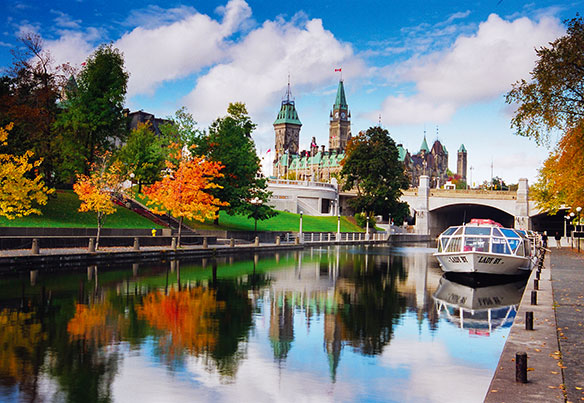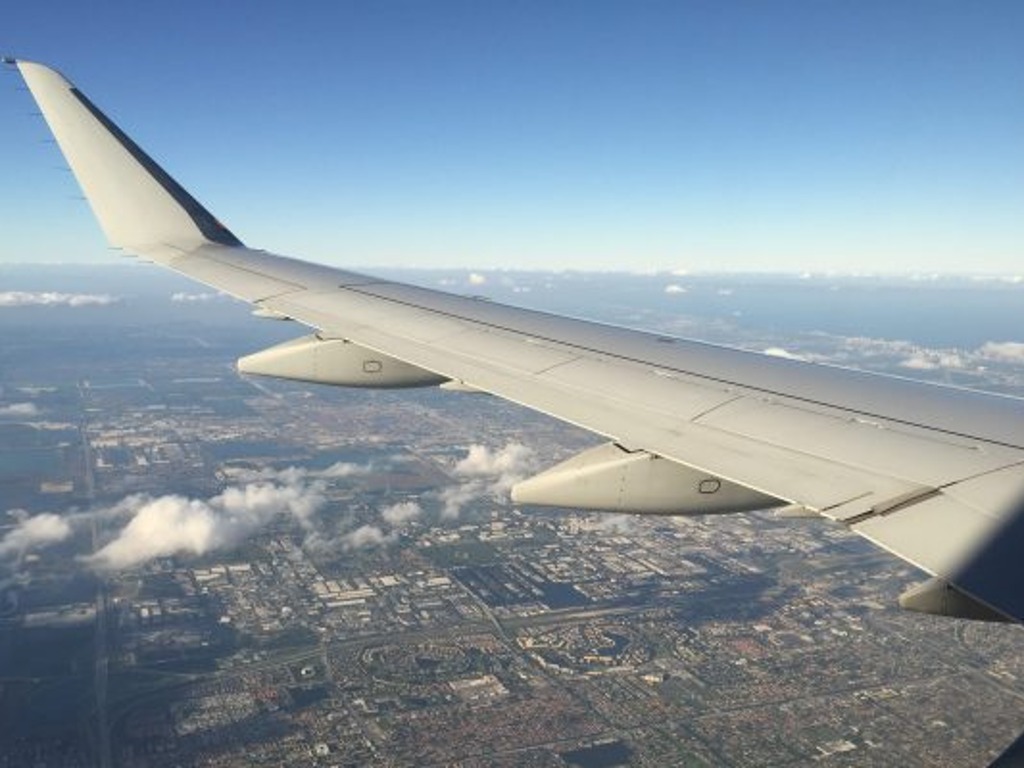Government Maintaining Current Border Measures

The federal government is extending current border measures for travellers entering Canada; with the requirements for travellers arriving to Canada expected to remain in effect until at least Sept. 30, 2022.
As well, the government said that the pause of mandatory random testing will continue at all airports until mid-July, for travellers who qualify as fully vaccinated.
The pause was put in place on June 11, 2022 to allow airports to focus on streamlining their operations, while the government moves forward with its planned move of COVID-19 testing for air travellers outside of airports to select test provider stores, pharmacies, or by virtual appointment.
Mandatory random testing continues at land border points of entry, with no changes. Travellers who do not qualify as fully vaccinated, unless exempt, will continue to test on Day 1 and Day 8 of their 14-day quarantine.
The government said that moving testing outside of airports will allow Canada to adjust to increased traveller volumes while still being able to monitor and quickly respond to new variants of concern, or changes to the epidemiological situation.
Minister of Health, Jean-Yves Duclos said that: “As we move into the next phase of our COVID-19 response, it is important to remember that the pandemic is not over. We must continue to do all that we can to keep ourselves and others safe from the virus. It is also important for individuals to remain up to date with the recommended vaccinations to ensure they are adequately protected against infection, transmission, and severe complications. As we have said all along, Canada’s border measures will remain flexible and adaptable, guided by science and prudence.”
Border testing is an important tool in Canada’s detection and surveillance of COVID-19 and has been essential in helping us slow the spread of the virus. Data from the testing program are used to understand the current level and trends of importation of COVID-19 into Canada.
It also allows for the detection and identification of new COVID-19 variants of concern that could pose a significant risk to the health and safety of Canadians. In addition, this data has and continues to inform the Government of Canada’s safe easing of border measures.
Minister of Transport, Omar Alghabra said that: “Today’s announcement would not be possible without Canadians’ continued efforts to vaccinate themselves, wear their masks, and follow public health advice while travelling. Our Government’s commitment will always be to protect passengers, employees, and their communities from the impacts of COVID-19, while keeping our transportation system strong, efficient, and resilient for the long-term.”
All travellers must continue to use ArriveCAN (free mobile app or website) to provide mandatory travel information within 72 hours before their arrival in Canada, and/or before boarding a cruise ship destined for Canada, with few exceptions.
Additional efforts are being undertaken to enhance compliance with ArriveCAN, which is already over 95% for travellers arriving by land and air combined.
Minister of Tourism and Associate Minister of Finance, Randy Boissonnault said that: “Our Government is deeply invested in growing our visitor economy, and the Canadian economy as a whole. From our reputation as a safe travel destination to our world-class attractions and wide-open spaces, Canada has it all and we are ready to welcome back domestic and international tourists, while prioritizing their safety and well-being. We will continue to work with all orders of governments and partners to reduce the friction in the travel system and ensure a memorable travel experience for all.”


